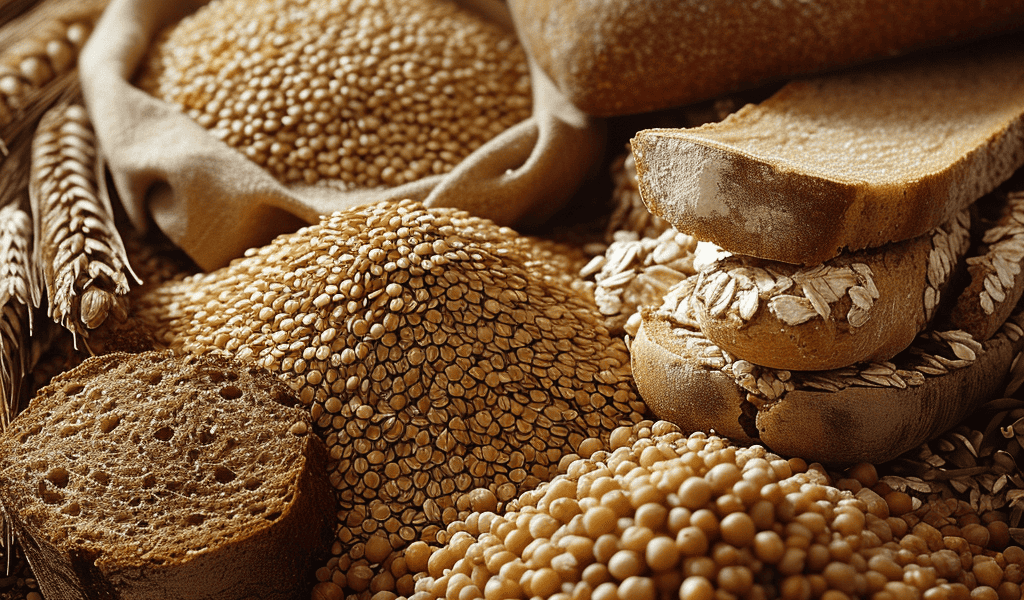Welcome to Mediterranean Diet Week! Over the next five days, we’ll be taking a close look at the Mediterranean diet, which is an approach to eating with health benefits backed by decades of research. Each day, we’ll dig into one of its main food groups, find ways to incorporate it into our daily routines and provide recipes selected by our colleagues at NYT Cooking.
One note before we get started: The Mediterranean diet is more of a lifestyle than a strict plan. There aren’t official guidelines for exactly how many servings of each food group you should eat each day. And definitions of the diet have evolved over time, so we won’t limit ourselves to foods from the Mediterranean region.
This is Day 1 of Well’s Mediterranean Diet Week. For me, a meal isn’t complete without a hunk of whole-wheat bread to dip into my soup, or a pile of brown rice to soak up my curry. Whole grains provide sustenance and comfort. And lucky for us, they’re a main feature of the Mediterranean diet, which is an approach to eating that emphasizes whole, mostly plant-based foods.
Whole grains are different from refined grains in that they contain all three parts of a grain kernel: the starchy endosperm, which provides carbohydrates, protein and some B vitamins and minerals; the germ, rich in healthy fats and vitamins; and the bran, a concentrated source of fiber, minerals and B vitamins. When we eat whole grains, the fiber and healthy fats slow digestion, resulting in smaller spikes and dips in blood sugar. Fiber can also reduce blood cholesterol levels, support a healthy gut and lower the risk of developing colorectal cancer.





